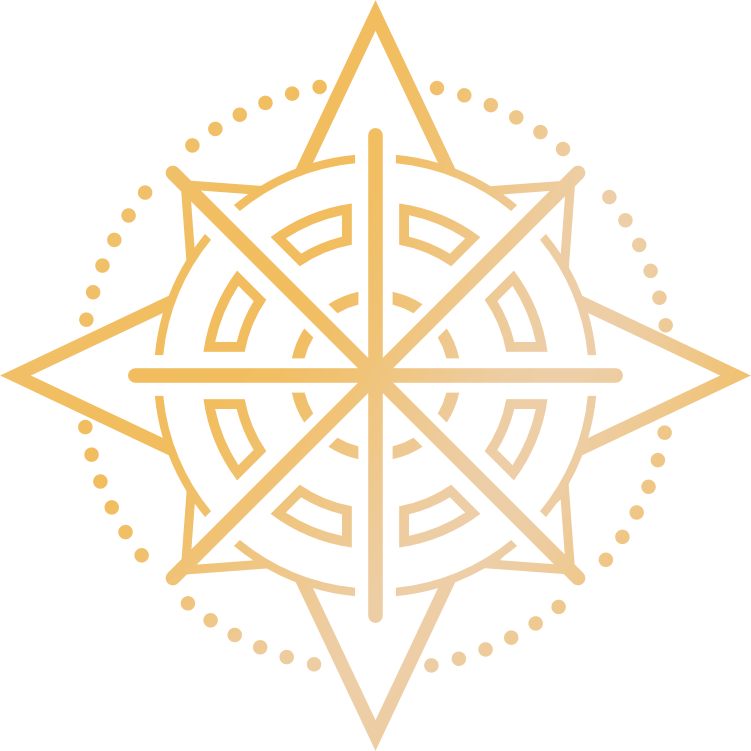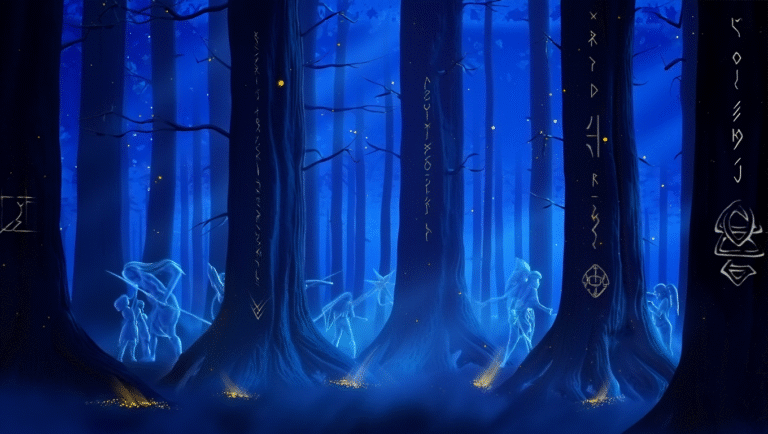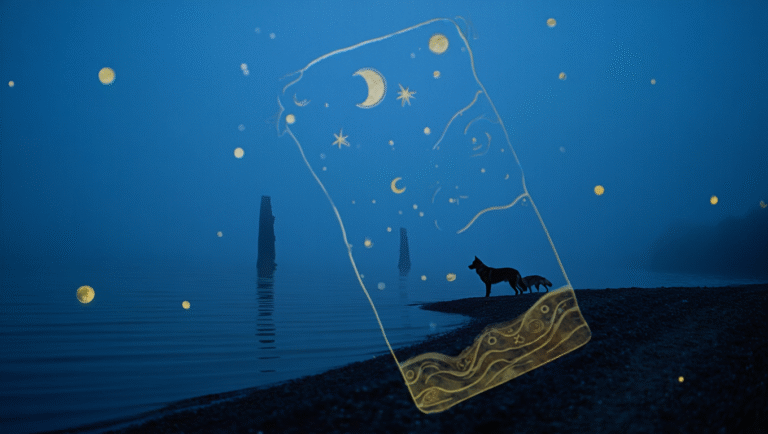Types of Horoscopes: Scientific or Not?
Horoscopes are everywhere: in magazines, on apps, and even as daily push notifications. But with so many types—Western, Vedic, Chinese, numerological, and more—it’s easy to get confused. Are any of these actually scientific, or are we just reading modern fortune cookies? If you’ve ever wondered what’s behind the horoscope hype, you’re not alone. Let’s break down the main types, see how (or if) they’re grounded in science, and offer a practical way to use them—without falling for the “mystical” marketing.
What Exactly Is a Horoscope?
At its core, a horoscope is a prediction or interpretation based on the positions of celestial bodies—usually at the time of your birth. But not all horoscopes are created equal. Some rely on centuries-old systems and mathematical calculations. Others? Well, let’s just say they’re more about creative storytelling than astronomy.
“Horoscopes can be fun, insightful, or just a great conversation starter. But knowing what you’re reading helps keep things in perspective.”
Main Types of Horoscopes: Quick Overview
- Western (Tropical) Astrology – The classic sun sign system you see in magazines.
- Vedic (Jyotish) Astrology – Ancient Indian astrology, uses sidereal zodiac.
- Chinese Astrology – Based on lunar years and animal signs.
- Numerological Horoscopes – Uses your birth date and name numbers.
- Modern “Pop” Horoscopes – Daily/weekly horoscopes, often generalized.
Case Study: My Week With Three Horoscopes
Last month, I decided to compare three daily horoscopes for a week: one Western, one Vedic, and one from a popular numerology app. I tracked their advice, predictions, and (honestly) entertainment value. Here’s what happened:
- Western: “Today is a great day for communication.” (I did have a few good Zoom calls.)
- Vedic: “You may face challenges in finance.” (My credit card bill arrived—coincidence?)
- Numerology: “Embrace your creative side.” (I doodled during a meeting.)
Verdict: Fun, sometimes eerily accurate. But nothing I couldn’t have guessed myself. So, what’s actually scientific here?
Scientific Basis: Is Any Horoscope System Credible?
Let’s get real: astrology is not recognized as science.
While astrology uses astronomical data (like planetary positions), it doesn’t follow scientific methods—like controlled experiments or peer review. Most studies show that horoscopes don’t outperform random chance in predicting life events.
However, some systems are more structured than others. Here’s a quick breakdown:
| Name | Key Feature | Scientific Elements? | Popular Tools |
|---|---|---|---|
| Western Astrology | Sun sign, birth chart | Uses astronomy, but not scientific | See chart calculators |
| Vedic Astrology | Sidereal zodiac, dasha cycles | Complex calculations, but not testable | Explore Vedic apps |
| Chinese Astrology | 12-year animal cycle | Lunar-based, not scientific | Try Chinese zodiac tools |
| Numerology | Numbers from names/dates | No scientific basis | Check numerology readings |
| Pop Horoscopes | Generalized predictions | No scientific basis | Any lifestyle app |
Key takeaway: If you’re looking for real scientific validation, horoscopes aren’t it. But that doesn’t mean they’re useless—many people enjoy them for self-reflection, entertainment, or as daily prompts.
How to Use Horoscopes Practically (Without Being Duped)
15-Minute Daily Horoscope Routine
- Pick a system. Choose the one that resonates—Western, Vedic, whatever.
- Find a reputable source. Look for sites or apps with transparent authors (not just “Mystic Moonbeam”).
- Read the day’s horoscope. Take 5 minutes. Note any advice or themes.
- Reflect honestly. Spend 5 minutes reflecting: Does this apply to you? Is it just generic?
- Set a small goal. Use the horoscope as a prompt (e.g., “Focus on communication” → Send a thoughtful email).
Done! No need to rearrange your life, join a cult, or buy 27 crystals (unless you want to—no judgment).
Checklist: Using Horoscopes Sensibly
- ✅ Take it as inspiration, not instruction
- ✅ Check the source (avoid scammy paywalls)
- ✅ Don’t make major life decisions based on horoscopes alone
- ✅ Enjoy the ritual, but keep your critical thinking switched on
- ✅ Share with friends for fun—not as “truth”
Best Tools and Resources
- Astro.com: Excellent free natal chart calculator.
- TimePassages App: Detailed Western astrology charts, beginner-friendly interface. Check price on Amazon
- Co–Star: Trendy app with AI-generated daily horoscopes.
- Chani App: Inclusive, practical astrology readings.
- Numerology.com: Free and paid numerology readings.
- Chinese Fortune Calendar: Clear explanations of Chinese zodiac years.
For the Skeptics (and the Curious)
If you want to dig deeper, check out:
“Horoscopes won’t predict your future, but they can help you pause, reflect, and maybe laugh at how vague (or weirdly spot-on) they can be.”
Summary Table: Horoscope Types at a Glance
| Name | Key Feature | Scientific? | Best For | Try It |
|---|---|---|---|---|
| Western Astrology | Birth chart, sun sign | ❌ | Self-reflection, fun | See chart calculators |
| Vedic Astrology | Sidereal zodiac, cycles | ❌ | Deep dives, tradition | Explore Vedic apps |
| Chinese Astrology | Animal signs, cycles | ❌ | Yearly themes, parties | Try Chinese zodiac tools |
| Numerology | Numbers, names, dates | ❌ | Personal insights | Check numerology readings |
Bottom Line: Science, Esotericism, or Something In-Between?
Horoscopes aren’t science, but they don’t have to be useless. Use them for self-reflection, goal setting, or just a little fun. Stay skeptical, skip the hype, and remember: your choices shape your future, not the stars.
Want to experiment with birth chart tools or get a laugh from your daily horoscope? Here’s your nudge—just keep it light and curious.
Some links in this post may be affiliate. You pay the same price, but I may earn a small commission to support creating more honest guides like this.







